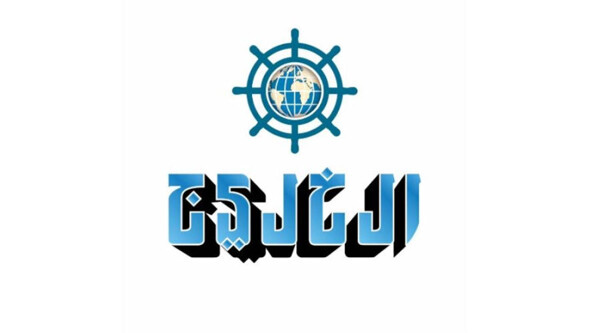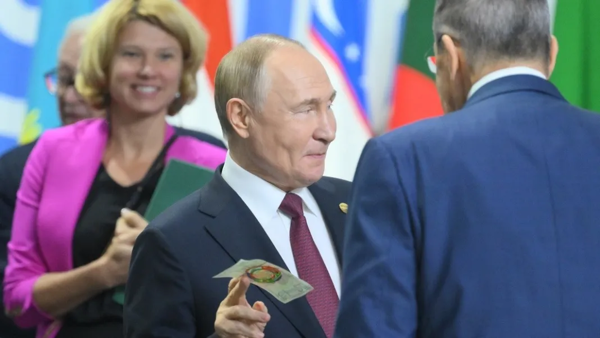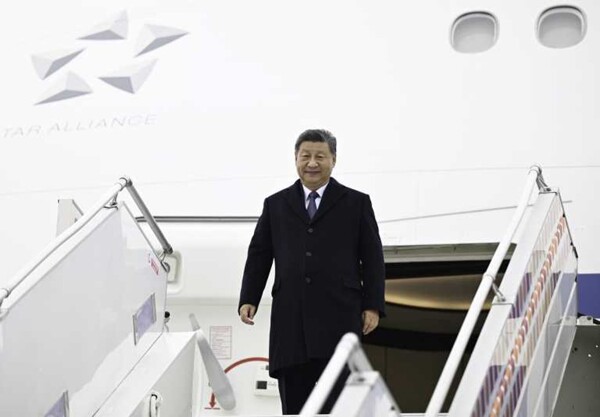
Since the rise of Trumpism in 2016, many countries have taken advantage of uncertainty in the United States and among its allies to strengthen ties and approach nations with global projections, such as India, Brazil, and South Africa, among others. In just 11 days, presidential elections will be held in the United States and, although the polls are tight, Donald Trump is forecasted to win.
This week, Vladimir Putin, considered the main rival of the United States, has honored more than 20 world leaders at the BRICS summit in Kazan, Russia. This alliance, which emerged in 2006 with Brazil, Russia, India, China, and South Africa as members, now has a considerable expansion and highlights Putin and Xi Jinping as prominent leaders.
One of the central points of the summit has been the proposal to replace the dollar payment system with a digital mechanism involving the central banks of the member countries. This would not only challenge the global dominance of the United States but would also weaken the sanctions imposed on Russia for various reasons.
The BRICS, representing 45% of the world population, have added new partners such as Argentina, Saudi Arabia, Iran, the United Arab Emirates, Egypt, and Ethiopia this year. These emerging countries aim to lead the global economy by 2050 and advocate for inclusive global policies.
The BRICS summit has become a significant event for Russia, which sees in this alliance an opportunity to weaken the influence of pro-American institutions. On the other hand, Trump's presidency and his nationalist and isolationist approach have favored the interests of Russia and China by opposing alliances like NATO and the European Union.
Vladimir Putin, always cautious, has preferred to remain in the Kremlin rather than attend Johannesburg. The BRICS alliance, born in 2001, has grown in influence, representing 35% of the world economy, in contrast to the pro-Western G7 that represents 30% of global GDP.
This summit has been a setting where Putin has felt comfortable, despite past threats of arrest for war crimes. Both Putin and Xi Jinping have expressed their support for Trump and have been involved in election campaigns in favor of the outgoing president.













